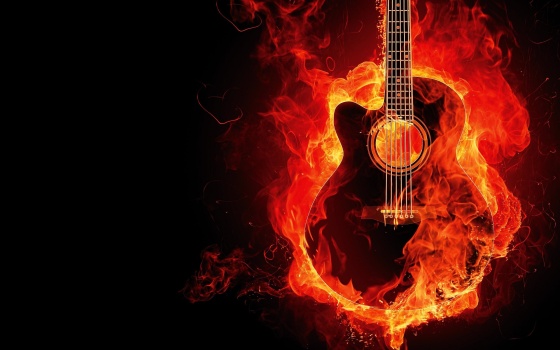
WE DIDN’T START THE FIRE
FROM A TO Z
On September 27, 1989, the iconic song by Billy Joel, We Didn’t Start the Fire hit the airwaves. It was a history lesson set to music. When you first heard the song, did you know or remember all the people places, things and events mentioned in the lyrics? I sure didn’t. Back in 1989 before the internet was something everyone had access to, my boyfriend (now husband) and I headed to the local public library and looked up all the historical references. This month, for the A to Z Challenge, I am writing about that history.
1953 Roy Campanella, receives the National League’s Most Valuable Play designation for the second time. Nicknamed “Campy”, he was an American baseball player, primarily as a catcher. From Philadelphia, he played for the Negro leagues and Mexican League for several seasons before entering the minor leagues in 1946. He made his Major League Baseball (MLB) debut in 1948. His playing career ended in 1958 when he was paralyzed by an automobile accident. Widely considered to be one of the greatest catchers in the history of the game, Campanella played for the Brooklyn Dodgers in the 1940s and 1950s. After he retired as a player, Campanella held positions in scouting and community relations with the Dodgers. He was inducted into the Baseball Hall of Fame in 1969.

Roy Campanella, an African-American baseball catcher for the Brooklyn Dodgers, receives the National League’s Most Valuable Player award for the second time. (Note: He was paralyzed in a car crash in 1957)
1953 Communist Bloc
Czechoslovakia, the Soviet Union, Bulgaria, Romania, East Germany, Poland and Albania were the countries that comprised the Communist Bloc during the Cold War. Politicians also referred to it as the Iron Curtain, the Eastern Bloc or the Soviet Bloc. The Communist Bloc was a matter of contention between Europe and the Soviet Union as the struggle between the Soviet Union and the United States developed. Since Billy Joel placed this in the 1953 section of the lyrics, he was probably referring to the uprising in East Germany which started with a strike by East Berlin construction workers on 16 June 1953. It turned into a widespread uprising against the German Democratic Republic government the next day. In Germany, the revolt is often called People’s Uprising in East Germany. In remembrance of it, 17 June became a national holiday of West Germany, prevailing until reunification. The uprising in East Berlin was violently suppressed by tanks of the Group of Soviet Forces in Germany and the Volkspolizei. In spite of the intervention of Soviet troops, the wave of strikes and protests was not easily brought under control. Even after 17 June there were demonstrations in more than 500 towns and villages.

Communist bloc is a group of communist nations dominated by the Soviet Union at this time. Probably a reference to the Uprising of 1953 in East Germany.
In 1957 Chou En-Lai the specific reason that Billy Joel included the Premier of the People’s Republic of China in that year is not known to me. Here are a few items of interest. The Kashmir Princess was a chartered Lockheed L-749A Constellation aircraft owned by Air India. On 11 April 1955, it was damaged in midair by a bomb explosion and crashed into the South China Sea while en route from Bombay, India, and Hong Kong to Jakarta, Indonesia. Sixteen of those on board were killed, while three survived. The target of the assassination was the Chinese Premier, Zhou Enlai. In 1957 he played a significant role in negotiating settlements of issues arising from Polish and Hungarian conflicts with the Soviet Union.

Chou En-Lai, Premier of the People’s Republic of China, survives an assassination attempt on the charter airliner Kashmir Princess.
1958 Charles de Gaulle was a French general and statesman. He was the leader of Free France (1940–44) and the head of the Provisional Government of the French Republic (1944–46). In 1958, he founded the Fifth Republic and was elected as the 18th President of France, a position he held until his resignation in 1969. He was the dominant figure of France during the Cold War era and his memory continues to influence French politics.

Charles de Gaulle is elected first president of the French Fifth Republic following the Algerian Crisis.
1958 California Baseball As I wrote about yesterday for B and Brooklyn’s Got A Winning Team, the Dodgers moved to California but they were not the only team to move. As shown in the newspaper headline below, the New York Giants move to California too. After the move, baseball had the Los Angeles Dodgers and the San Francisco Giants. Can you imagine what it felt like to be a New York baseball fan. Of course they still had the Yankees.

California baseball begins as the Brooklyn Dodgers and New York Giants move to California and become the Los Angeles Dodgers and San Francisco Giants. They are the first major league teams west of Kansas City
1958 Children of Thalidomide probably one of the most tragic pharmaceutical disasters of our time. Thalidomide was first marketed in 1957 in West Germany under the trade-name Contergan. The German drug company Chemie Grünenthal developed and sold the drug. Primarily prescribed as a sedative or hypnotic, thalidomide also claimed to cure “anxiety, insomnia, gastritis, and tension”. Afterwards, it was used against nausea and to alleviate morning sickness in pregnant women. Of course this is where it all went wrong. Thalidomide became an over-the-counter drug in West Germany on October 1, 1957. Shortly after the drug was sold in West Germany, between 5,000 and 7,000 infants were born with phocomelia (malformation of the limbs). Only 40% of these children survived. Throughout the world, about 10,000 cases were reported of infants with phocomelia due to thalidomide; only 50% of the 10,000 survived. Those subjected to thalidomide while in the womb experienced limb deficiencies in a way that the long limbs either were not developed or presented themselves as stumps. Other effects included deformed eyes and hearts, deformed alimentary and urinary tracts, blindness and deafness. The negative effects of thalidomide led to the development of more structured drug regulations and control over drug use and development. Last year on the British television show “Call the Midwife”, it was the late 1950s early 1960s and the show dealt with the defects from Thalidomide and it was heart wrenching to watch.

Children of Thalidomide: Mothers taking the drug Thalidomide had children born with congenital birth defects caused by the sleeping aid and antisemitic, which was also used at times to treat morning sickness.
1959 Castro On February 16, 1959, Fidel Castro is sworn in as prime minister of Cuba after leading a guerrilla campaign that forced right-wing dictator Fulgencio Batista into exile. Castro, who became commander in chief of Cuba’s armed forces after Batista was ousted on January 1, replaced the more moderate Miro Cardona as head of the country’s new provisional government.

Fidel Castro comes to power after a revolution in Cuba and visits the United States later that year on an unofficial twelve-day tour
1960 Chubby Checker “The Twist” is an American pop song written and originally released in early 1959 by Hank Ballard and the Midnighters as a B-side to “Teardrops on Your Letter”. Ballard’s version was a moderate 1960 hit, peaking at number 28 on the Billboard Hot 100. Chubby Checker’s 1960 cover version of the song gave birth to the Twist dance craze. His single became a hit, reaching number 1 on the Billboard Hot 100 on September 19, 1960

Chubby Checker popularizes the dance The Twist with his cover of the song of the same name.
1983 Crack The In America the crack epidemic was a surge of crack cocaine use in major cities across the United States between 1982 and the early 1990s. This resulted in a number of social consequences, such as increasing crime and violence in American inner city neighborhoods, as well as a resulting backlash in the form of tough on crime policies.

Crack cocaine use surged in the mid-to-late 1980s.
1989 China’s Under Martial Law on May 20th. Though martial law was scheduled for May 21, news of the impending order was leaked to the public, so the timetable was moved up. Premier Li Peng hastily announced martial law in the early morning hours of May 20. The order, declared pursuant to Article 89, Section 16 of the PRC Constitution, was to come into effect at 10:00 am in eight urban districts of Beijing. Events from Tiananmen Square unfolded before the world on televison. Tiananmen Square is located in the center of Beijing, the capital of China. Tiananmen means “gate of heavenly peace.” In 1989, after several weeks of demonstrations, Chinese troops entered Tiananmen Square on June 4 and fired on civilians. Estimates of the death toll range from several hundred to thousands. It has been estimated that as many as 10,000 people were arrested during and after the protests. Several dozen people have been executed for their parts in the demonstrations.

China’s under martial law: On May 20, China declares martial law, enabling them to use force of arms against protesting students to end the Tiananmen Square protests.
Tune in tomorrow which is brought to you by the letter D: Dacron, Davy Crockett, Dien Bien Phu Falls, Disneyland, Doris Day and Dylan.


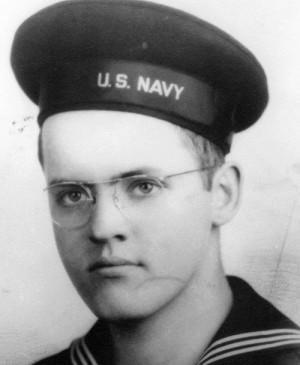 Check out my other blog
Check out my other blog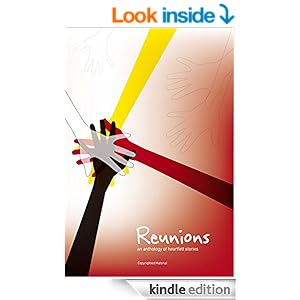 I'M PUBLISHED
I'M PUBLISHED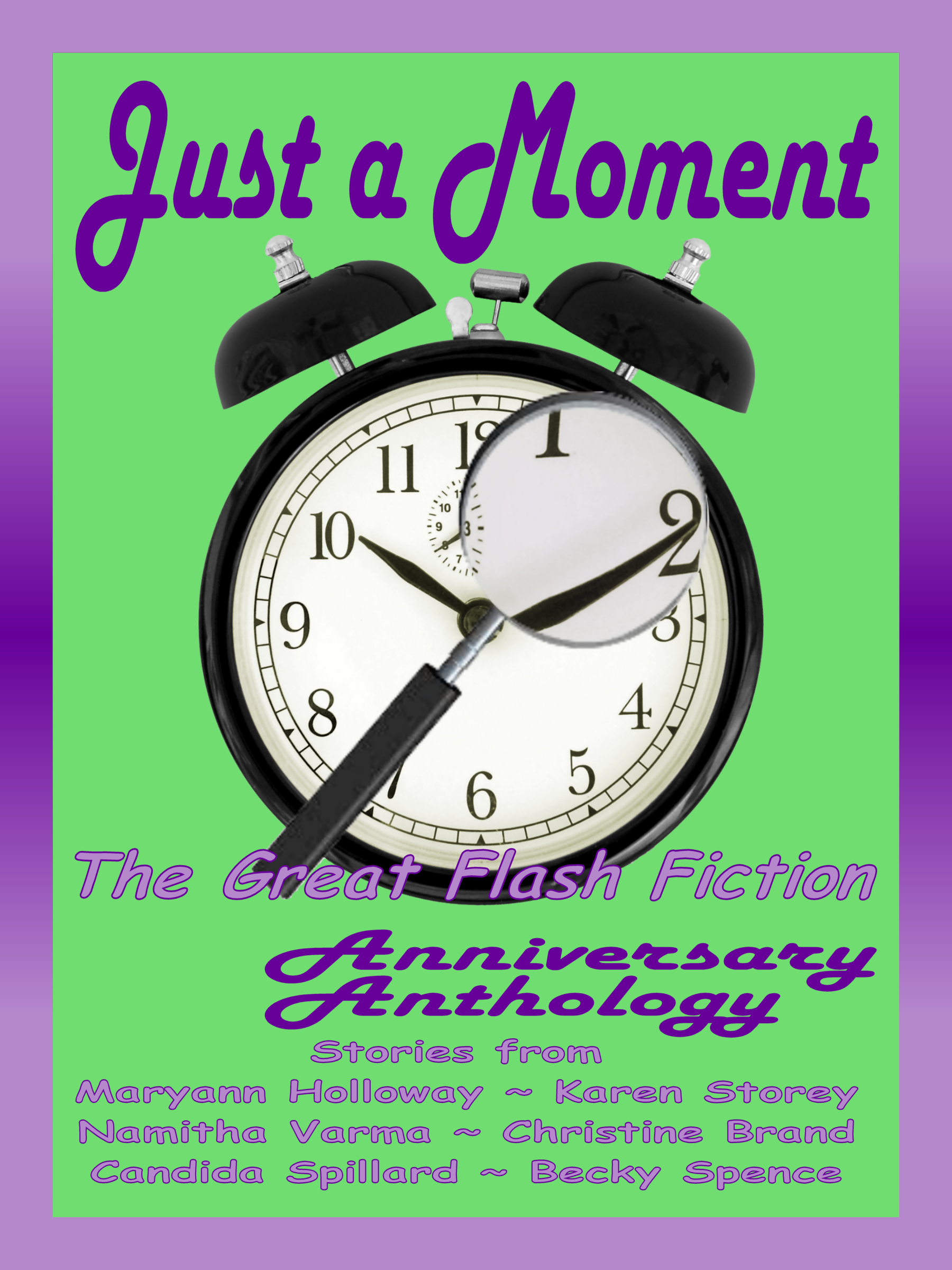 I'm Published Again
I'm Published Again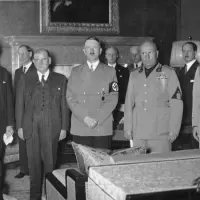
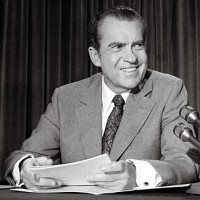
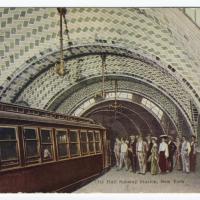
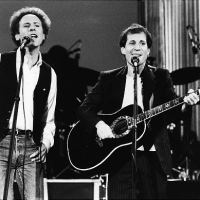
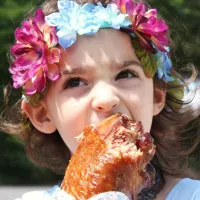
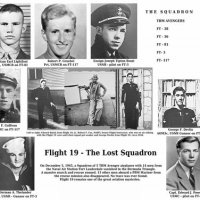
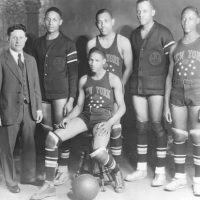
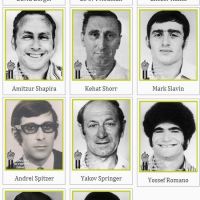
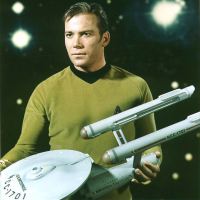
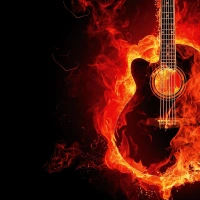
All in my lifetime and I remember them all. Catcher in the Rye came out in the year that I was born. I didn’t read it until just a few years ago.
Arlee Bird
Tossing It Out
LikeLike
I haven’t read it yet but have always meant to. Thanks for reading my post.
LikeLike
Good to know about the stories of such great heroes. Well researched and beautifully penned down.
LikeLike
Thanks for stopping by.
LikeLike
The twist came out the year after I hurt my back in gymnastics. It certainly didn’t help since I insisted on going to sock hops.
LikeLike
The pain we work through when it is something we really want to do . Thanks for reading
LikeLike
“Catcher in the Rye” was a book I was *supposed to* read, and that’s all that needs to be said about that.
People in New York were devastated when the Giants and the Dodgers left. To say that they still had the Yankees was cold comfort to them. I’m pretty sure there were few converts to Yankee fans when New York became a one-team town, and it explains why the Mets drew so well even when they were terrible.
Really great article here, Maryann!
LikeLike
Thanks.
LikeLike
This is so well written and researched. I have not read Catcher in the Rye yet but will one day. When my mom was pregnant with my brother and then me, her Dr. Asked her if she wanted this medicine but, thankfully, she said no. She thought it did not sound good and was thinking it may harm the baby…boy was she ever right! This drug was ok’d here in Canada too.
LikeLike
What happened with Thalidomide was scary. It changed the world of medicine with the screening of drugs but I wonder how many drugs turn out ok at first but over time are harmful. There are always attorney commercials on TV asking you to call if you took this drug and that drug.
LikeLike
What a fun song! And you began this post with one of my favorite books too! Catcher in the Rye is awesome! 🙂
With Love,
Mandy
LikeLike
Thank you. It is a fun song.
LikeLike